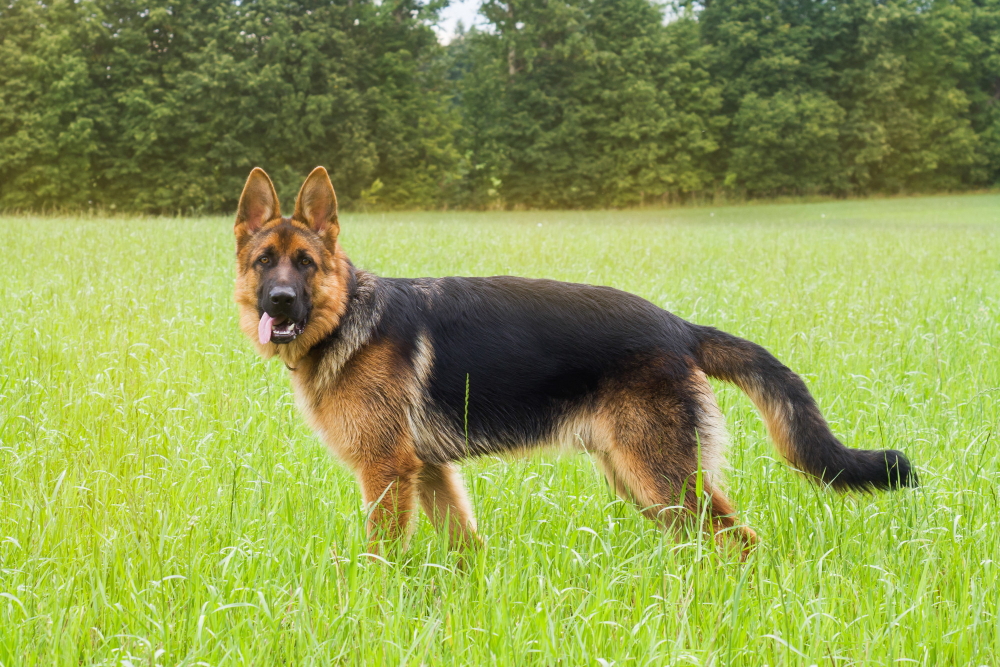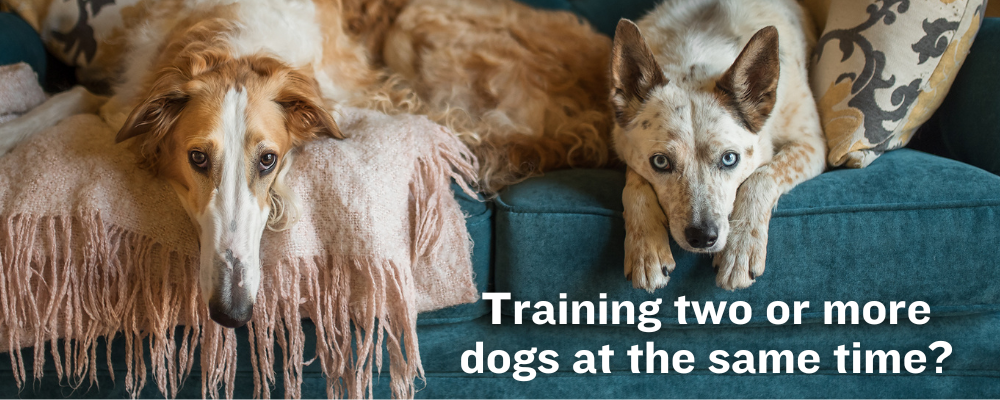Pros, Cons, and Factors to Consider
You may have heard conflicting opinions on whether or not to neuter your German Shepherds. It is a decision that can be difficult to make. One of the questions that frequently arises is whether a German Shepherd male will continue to grow after neutering.
The scientific evidence on neutering and the growth of male German Shepherds is mixed. While some studies show increased height and weight, others show no significant difference. Genetics, diet, and exercise also impact growth.
You know that there is no one-size-fits-all answer to this question. Every dog is unique, and there are various factors to consider when deciding whether or not to neuter your German Shepherd male dog. In this article, we will explore this question further.
What is Neutering?
Neutering is a surgical procedure that involves the removal of a male dog’s testicles. This is also called castration. The procedure is typically performed under general anesthesia and involves making a small incision in the scrotum to remove the testicles.
This procedure is usually done to prevent unwanted breeding and to reduce the risk of certain health issues, such as testicular cancer.
Neutering is different from spaying, which is the surgical removal of a female dog’s reproductive organs.
Do German Shepherd male dogs grow more after neutering?
There is a common belief that neutering can affect a male dog’s growth, specifically in German Shepherds.
Having your dog spayed or neutered early will not stunt your puppy’s growth, but it might affect the joints of large-breed dogs. Studies show that early spay/neuter does affect the growth plate, delaying its closure and causing dogs to grow taller than they should have. This can predispose the dog to later joint problems.
Source: petmd.com
However, the scientific evidence on this topic is mixed. Some studies suggest that neutering can lead to increased height and weight in male dogs, while others show no significant difference in growth between neutered and intact male dogs.
It is important to note that factors such as genetics, diet, and exercise also play a significant role in a dog’s growth and development.
Pros and cons of neutering German Shepherd male dogs
There are both advantages and disadvantages to neutering a German Shepherd male dog.
Advantages of neutering include:
- Reduced risk of certain cancers, such as testicular and prostate cancer
- Reduced risk of certain behavioral problems, such as aggression and marking
- Prevention of unwanted litters
Disadvantages of neutering include:
- Increased risk of weight gain, which can lead to other health problems
- Increased risk of certain health problems, such as hip dysplasia and certain types of cancer
- Potential surgical complications, such as bleeding and infection
When is the best time to neuter a German Shepherd male?
The best time to neuter a German Shepherd male is after 12 months of age until the dog is at least a year old to ensure that their growth plates have closed.
A study examined 1170 German Shepherds over 14.5 years to investigate the effects of neutering on joint disorders and cancers. Early neutering (before year 1) significantly increased the incidence of joint disorders, particularly cranial cruciate ligament tears, but did not affect the occurrence of cancers except for mammary cancer in females.
On the flip side, early neutering can also led to a significant increase in urinary incontinence in females. The study suggests that the timing of neutering should be carefully considered in German Shepherds to minimize joint disorder risk.
[Source: Neutering of German Shepherd Dogs]
Factors to consider before neutering German Shepherd male dogs
Before deciding whether to neuter a German Shepherd male dog, there are several factors to consider. These include:
- Age: The ideal age for neutering can vary based on the dog’s breed and overall health. It is generally recommended to wait until a dog is sexually matured before neutering.
- Health: Neutering is a major surgical procedure and can carry risks for dogs with certain health conditions. It is important to discuss your dog’s overall health with your veterinarian before making a decision.
- Breed/genetics: Certain breeds, including German Shepherds, may be more prone to certain health problems that can be exacerbated by neutering.
- Lifestyle: The decision to neuter may also depend on your dog’s lifestyle. For example, if you plan to show your dog or breed them, neutering may not be the best option.
Will neutering make my German Shepherd male less aggressive?
Neutering, or the surgical removal of a male dog’s testicles, can sometimes lead to a decrease in aggressive behavior in dogs. However, neutering is not a guarantee that your German Shepherd will become less aggressive. Also, the effectiveness of the procedure can depend on various factors such as the individual dog’s temperament and the specific reasons for its aggression.
Aggression in dogs can have various underlying causes, including genetics, training, socialization, and health issues. Neutering may be effective in reducing aggression caused by hormonal influences, such as territorial or dominance-related aggression, but may not be as effective for other forms of aggression.
It’s also important to note that neutering is a surgical procedure that carries some risks and potential side effects. Discuss the benefits and risks of neutering with your veterinarian before making a decision.
Overall, neutering may be helpful in reducing aggressive behavior in some male German Shepherds, but it is important to consider all factors. Consult with a veterinarian or animal behaviorist to determine the best course of action for your individual dog.
How to decide whether to neuter a German Shepherd male dog?
When deciding whether to neuter a German Shepherd male dog, it is important to weigh the pros and cons carefully. Here are some tips to help make an informed decision:
- Consult with your veterinarian:
Your veterinarian can provide information about the risks and benefits of neutering and help you make an informed decision based on your dog’s individual needs. - Research:
Do your own research on the topic to understand the potential benefits and drawbacks of neutering. - Consider your lifestyle:
Think about your dog’s lifestyle and whether neutering would be a good fit for them. - Weigh the risks and benefits:
Consider the potential health benefits and drawbacks of neutering and weigh them against your dog’s individual needs.
Conclusion
Neutering a German Shepherd male is a common practice among pet owners, and it can provide several benefits for both the dog and their owner. While there is some evidence that neutering can affect growth, the impact is usually minor and unlikely to be noticeable in most cases.
As with any medical procedure, it is important for pet owners to discuss the risks and benefits with their veterinarian before making a decision about neutering their German Shepherd male. With proper nutrition, exercise, and care, German Shepherds can grow and thrive after neutering.
Frequently Asked Questions
Will my German Shepherd male’s behavior change after neutering?
Neutering can sometimes result in a change in behavior, such as reduced aggression and the prevention of certain male-specific behaviors like marking and humping.
How long does it take for a German Shepherd male to recover from neutering?
The recovery time varies for each dog, but most dogs recover within a few days to a week after the procedure.
Will neutering my German Shepherd male affect his personality?
Neutering can sometimes cause a change in behavior, but it is typically minor and does not affect a dog’s personality.








